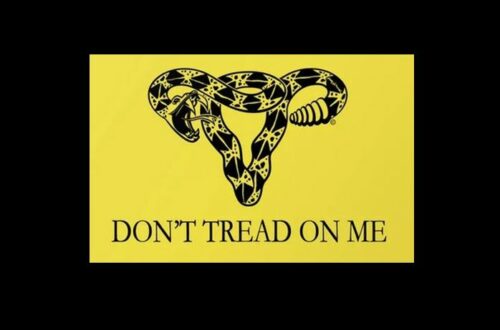Efficient or effective, too?
You probably have never noticed a very interesting fact in the parable of the Minas. When reading Luke 19:13, the verse mentions “he summoned ten of his slaves…” before the nobleman left for the distant country. Upon his return, he summons the slaves once again. The interesting fact is, we seem to read about only three of the ten slaves upon his return!
You probably have never noticed a very interesting fact in the parable of the Minas. When reading Luke 19:13, the verse mentions “he summoned ten of his slaves…” before the nobleman left for the distant country. Upon his return, he summons the slaves once again. The interesting fact is, we seem to read about only three of the ten slaves upon his return!
I have been fascinated by this concept and has been the basis for many questions in my mind. What happened to the other seven slaves? Why did they not come back when summoned? Did they not show up on their own accord? Did they spend the Mina to improve their family or business? Are they just not talked about again?
Actually, they are spoken of once again. Luke 19:27 says ” But as for these enemies of mine who did not want me to be their king, bring them here and slaughter them in front of me!” As I realized the implication, the consequences for us are staggering.
The question I believe this begs is one I want to ask you. Are you acting like the two slaves who follow the request of their king or the one who hid the Mina and the seven that just simply ignored the king?
I believe the parable of the Minas shows us that our actions please or displease our King! If you are not acting as the two who were diligent with the Mina, I would encourage you to reconsider your actions. They are eternal! For those of you who are acting like the two who were diligent, I believe this parable should encourage us while raising our children in the admonition of the Lord. As we teach our children about money, we want them to become efficient—able to get things done in a timely manner—and effective.
During my financial consulting years, I heard another great example of efficiency or lack thereof. Imagine you are in a boat that is traveling up a river. The boat keeps a steady speed of 10 knots, and after an hour you look around, and you haven’t moved relative to the riverbank. What is your problem? The current is counteracting your engine. The gauges say you are doing something you are not. You have wasted an hour of time, and quite a bit of gas. What is your efficiency?
Take a look at your pay stub. Do you receive the full amount of your check? Of course not! What is counteracting or placing a drag on your pay? Income tax, social security tax, Medicare tax and health insurance are some of the common drags. What about your investments? You pay management fees for your mutual funds, 12b-1 fees, mortality charges, morbidity charges, IRA fees and trade charges. The increasing prices of gas, stamps and milk are putting a drag on your money. Your bank account isn’t growing as quickly as it could be.
Most of the individuals and families that I’ve worked with knew they were grossly inefficient. I would challenge you to take a look at how you spend and have spent your money—God’s money. Have you been both effective and efficient? What would your children learn based on what they see in your spending patterns?
Once again, I would ask, “How would you answer the question of “Efficient or effective?'”


